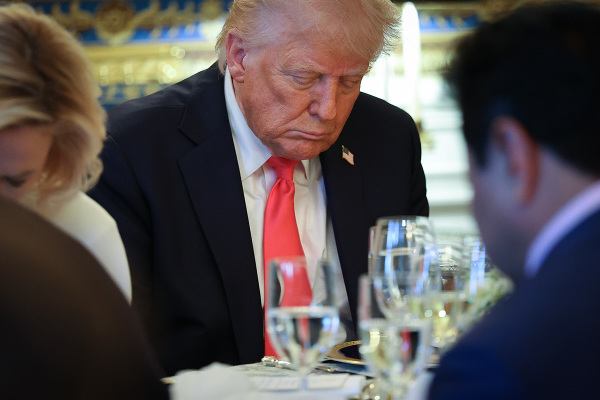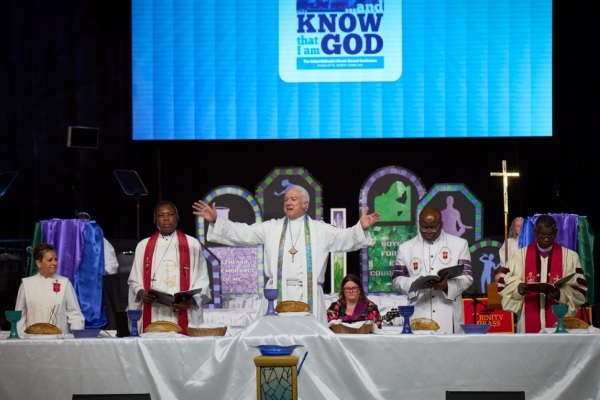Calif. Considers Allowing Multiple Parents for Children
California is aiming to become the first state to allow a child to legally have more than two parents, after Sen. Mark Leno, D-San Francisco, proposed a bill that would eliminate the two-parents-per-child requirement.
According to Leno, surrogate births and same-sex parenthood have created a new environment that has paved the way for nontraditional households, and the traditional two-parent family system is not the only one that can serve the community, Yahoo News reported.
"The bill brings California into the 21st century, recognizing that there are more than 'Ozzie and Harriet' families today," Leno shared in an interview.
The bill, which was sponsored by the University of San Diego School of Law's Children's Advocacy Institute and the National Center for Lesbian Rights, has already advanced through the State Senate but now needs an Assembly vote.
The issue that apparently motivated the senator to propose the bill was a 2011 court case involving a girl placed in foster care after her two married mothers could not take care of her – her biological mother was jailed, while her non-biological mother was hospitalized. Because of the state's two-parent law, her biological father was denied permission to take legal custody of her.
"We are not touching the definition of a parent under the current law," said Leno. "When a judge recognizes that a child is likely to find his or her way into foster care and if there is an existing parent who qualifies as a legal parent, why not have the law when it is required to protect the well-being of the child?"
"Most children have at most two parents, but some children have more than two people in their lives who have been a child's parent in every way," he added. "For example, a child raised from birth by a biological mother and a non-biological father may also have a relationship with his or her biological father.
"In such a situation, the child may consider both adults in the home to be parents, as well as his or her biological father. In such a case, it may be in the child's best interests to have a legally protected relationship with all three of the parental figures in his or her life."
Opponents to the bill are arguing, however, that a new definition of the family unit could jeopardize a child's well-being and result in a dysfunctional environment.
"We hear all this celebratory talk about 'new families,' but there is no sociological, psychological or medical data showing any of these new family forms have served to elevate the general physical, mental, educational or developmental well-being of children in any meaningful way," said Glenn T. Stanton, director of Global Family Formation Studies for the conservative group Focus on the Family.
"That job is best done for children by their own mother and father," he added. "And this bill would only take us farther down the trail of more 'experimental families' that fulfill adult desires, but consistently fail our children."
Sen. Leno has tried to explain, however, that even if the bill is passed, it would only be used in "rare circumstances" that would be "for the best interests of the child."
"Some of the hyperbolic corners of the opposition are suggesting there could be four, six or eight parents," Leno expressed. "But I think that it will not be used when a child has too many parents, but when there are too few."





















